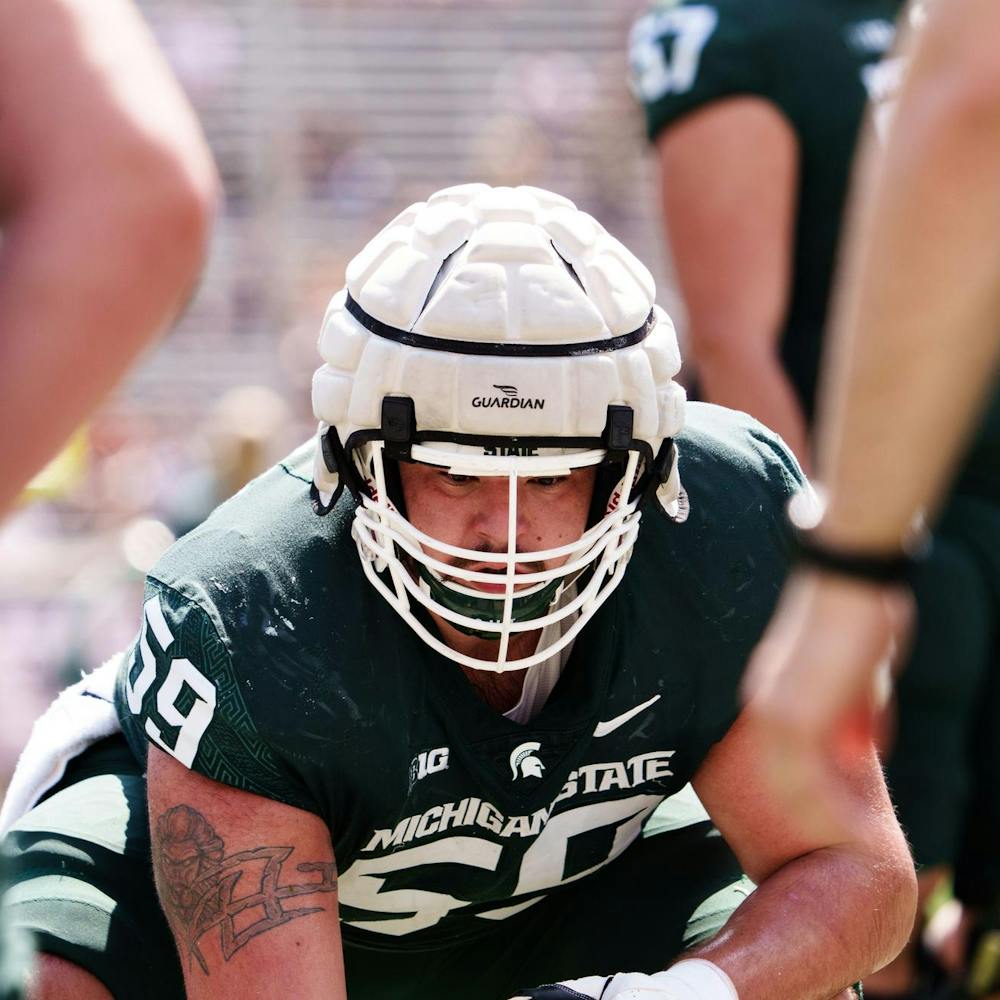With the help of a $3.5 million grant, MSU is hoping to expand the market for environmentally friendly food grown on Michigan farms.
The grant, awarded by the W.K. Kellogg Foundation, will help the university establish a facility where researchers will study the effects of cows grazing on pastures rather than on corn. The center, located at the Kellogg Biological Station, will also help establish markets for products produced from the pasture-grazing animals.
Mike Hamm, C.S. Mott Chair for Sustainable Food Systems at MSU, said the facility will examine the differences between the two methods.
“There hasn’t been a tremendous amount of research looking at the differences between pasture-based systems and grain-based systems,” Hamm said.
Pasture-based systems are friendlier to the environment than corn-based systems because pastures don’t require the fertilizers and pesticides many farmers use on corn, Hamm said. In turn, the cows don’t ingest those chemicals when they eat the corn.
While some products, including cheese, produced from pasture-based animals are easily sold, farmers trying to sell other products face some obstacles, Hamm said.
One of those obstacles includes lack of access to facilities that process the meat of pasture-based animals, Hamm said. Researchers at the facility will attempt to solve the problem by working to establish markets for the pasture-based products.
Since many of those products will be produced in Michigan in an environmentally friendly way, they could be slightly more expensive than similar products sold at conventional supermarkets, Hamm said. But for consumers who can afford the products, buying them could be beneficial.
“In general, we all as consumers need to make a choice of whether we will support farms in our community,” he said. “If we don’t, they will disappear. We can’t expect farmers to farm for nothing.”
Kay Gross, director of the Kellogg Biological Station, which is located in Hickory Corners, a community between Kalamazoo and Battle Creek, said the facility could offer new services for MSU students, including opportunities for veterinary medicine students who will study the health benefits of pasture grazing.
“We are going to broaden the portfolio of the kind of agriculture we teach at MSU,” she said. “You can learn about ecology, the environment and agriculture in a way that hasn’t been done.”
MSU runs a program, Residential Opportunities at the Kellogg Station, where students spend a semester learning about the environment and agriculture on the center’s 4,000 acres of land. This semester, seven students were accepted into the program, but the program could expand to allow more students in the future thanks to the grant, Gross said.
Paul Glasser, an environmental geosciences sophomore, is spending a semester at the center.
Between classes, Glasser works with a doctoral student growing vegetables students can eat in the center’s cafeteria. He’s using the leftovers to create a compost pile, which will be used to fertilize the vegetables.
“It’s basically organic – there are no pesticides, no fertilizers,” he said.
“You get to go in the field and get hands-on experience and interact better with what we’re trying to learn.”
Support student media!
Please consider donating to The State News and help fund the future of journalism.
Discussion
Share and discuss “$3.5M grant to aid MSU farming” on social media.





